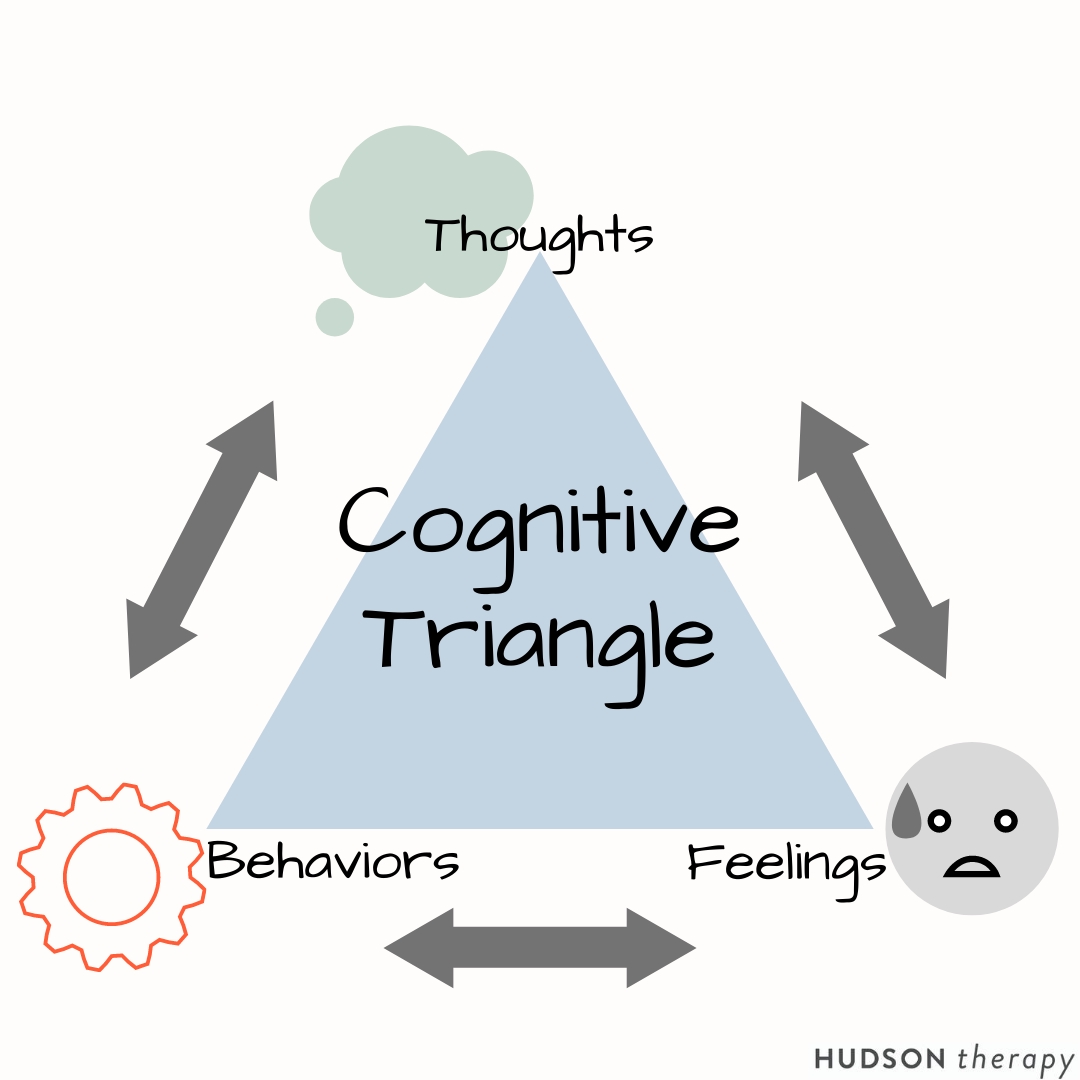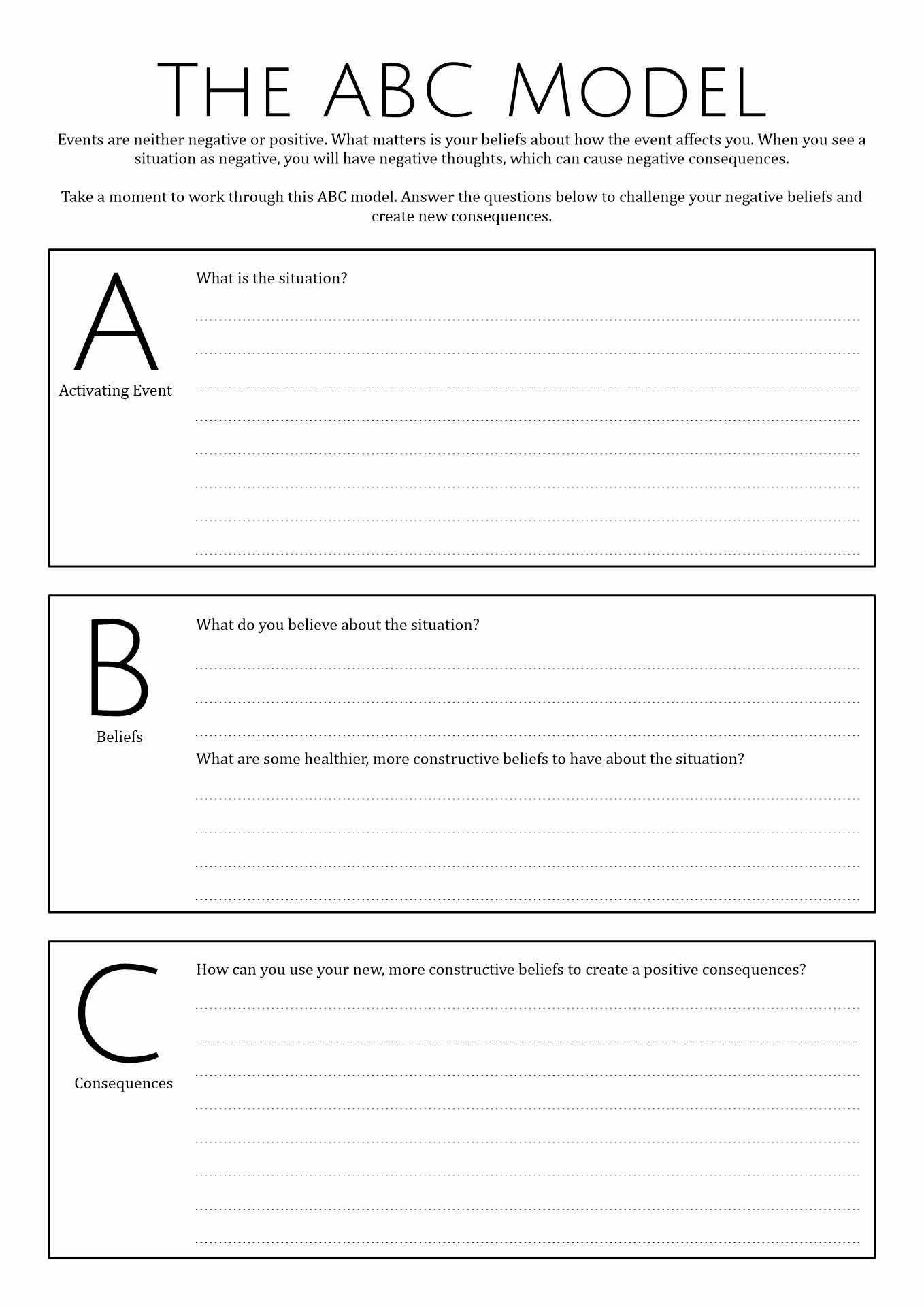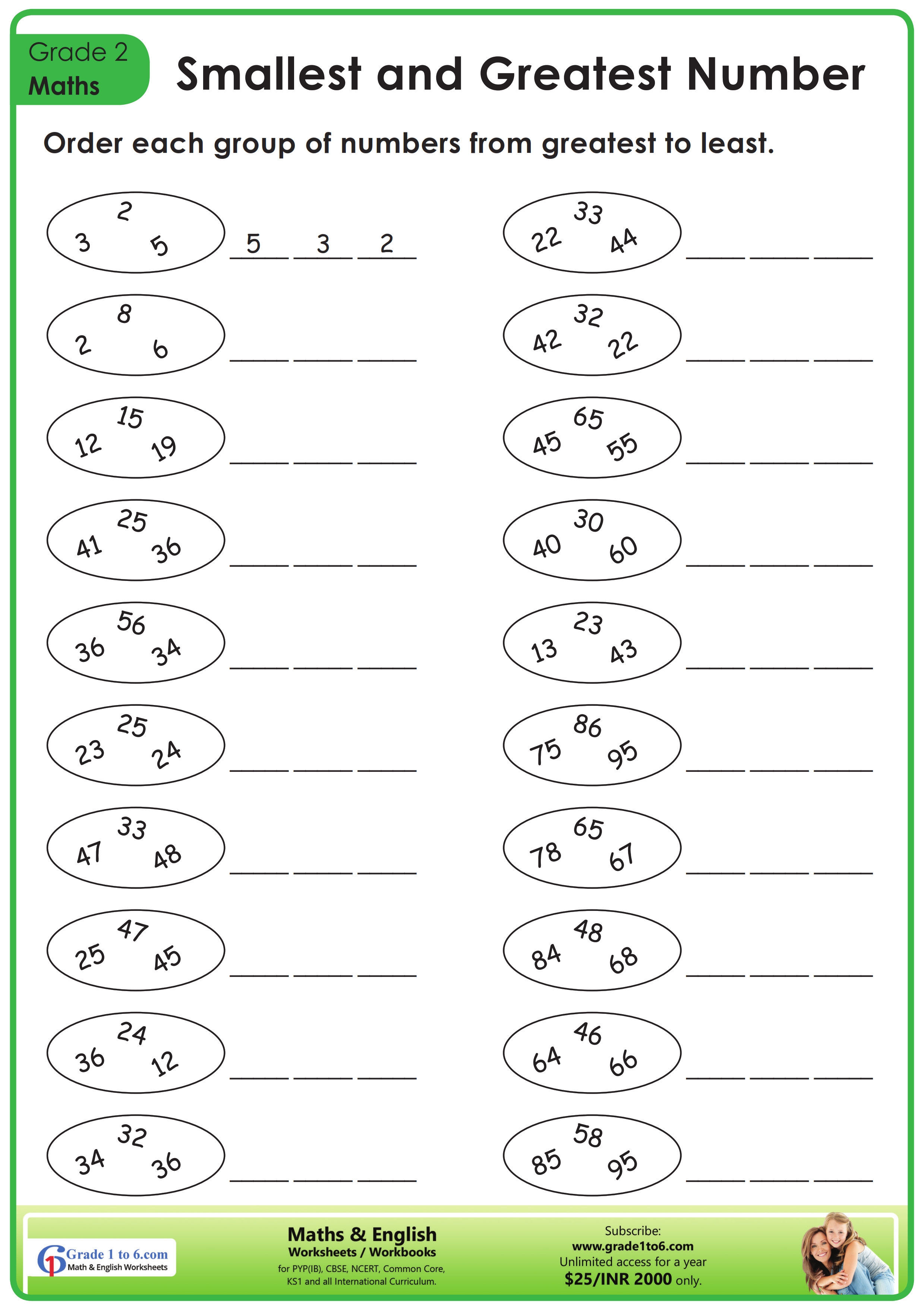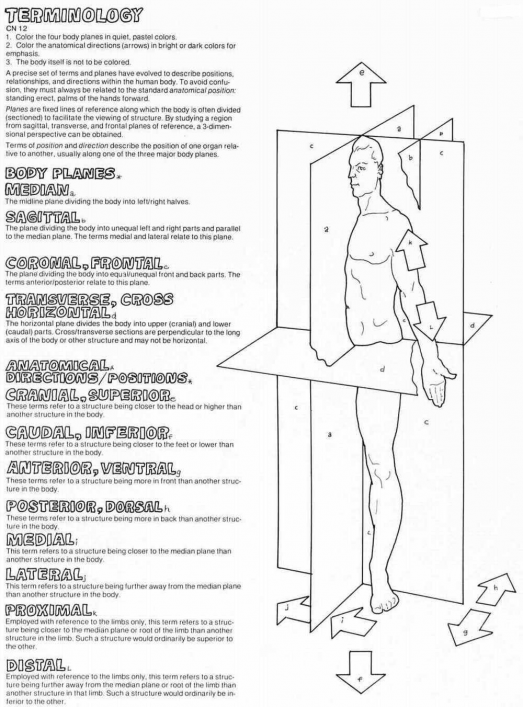Identify and Overcome Cognitive Distortions Worksheet

Understanding Cognitive Distortions
Cognitive distortions are irrational thought patterns that can negatively impact our mental health and well-being. These distortions can lead to increased stress, anxiety, and depression. The good news is that by becoming aware of these distortions, we can learn to overcome them and develop more balanced and constructive ways of thinking.
What are Cognitive Distortions?
Cognitive distortions are systematic errors in thinking that can lead to negative emotions and behaviors. They are often automatic and unconscious, but can be identified and challenged. Here are some common cognitive distortions:
- All-or-nothing thinking: Seeing things as either perfect or a complete failure.
- Overgeneralizing: Making sweeping conclusions based on a single event or experience.
- Mental filtering: Focusing on the negative aspects of a situation while ignoring the positive.
- Disqualifying the positive: Minimizing or ignoring positive experiences or achievements.
- Jumping to conclusions: Making assumptions or conclusions without sufficient evidence.
- Magnifying or minimizing: Exaggerating or downplaying the significance of a situation.
- Emotional reasoning: Assuming that our emotions reflect reality.
- Should statements: Believing that we “should” or “must” do something, even if it’s not realistic.
- Labeling: Assigning a label to ourselves or others, often in a negative way.
- Personalization: Taking things personally, even if they’re not intended to be personal.
Identifying and Overcoming Cognitive Distortions
Now that we’ve identified some common cognitive distortions, let’s work on overcoming them. Here’s a step-by-step guide:
Step 1: Become Aware of Your Thoughts
- Take notice of your thoughts, especially when you’re feeling stressed, anxious, or depressed.
- Write down your thoughts in a journal or on sticky notes.
- Identify any cognitive distortions you notice.
Step 2: Challenge Your Thoughts
- Ask yourself questions like:
- Is this thought really true?
- Is there another way to look at this situation?
- What evidence do I have for this thought?
- Would I say this to a friend?
- Challenge negative and distorted thoughts by reframing them in a more balanced and realistic way.
Step 3: Practice Mindfulness and Self-Compassion
- Practice mindfulness meditation or deep breathing exercises to increase your self-awareness.
- Treat yourself with kindness and compassion, just as you would a friend.
- Remind yourself that it’s okay to make mistakes and that you’re doing the best you can.
Step 4: Develop a Growth Mindset
- View challenges and setbacks as opportunities for growth and learning.
- Believe that your abilities and intelligence can be developed through effort and practice.
- Focus on progress, not perfection.
Worksheets and Exercises
Here are some worksheets and exercises to help you identify and overcome cognitive distortions:

| Distortion | Example | Challenge | Reframe |
|---|---|---|---|
| All-or-nothing thinking | I'll never be able to do this. | Is it really true that I'll never be able to do this? | I'll learn and improve with time and practice. |
| Overgeneralizing | I always mess things up. | Is it really true that I always mess things up? | I've made mistakes, but I've also had successes. |
| Mental filtering | This day has been a complete disaster. | Is it really true that the day has been a complete disaster? | There have been some challenges, but also some positive moments. |
Exercise:
- Write down three cognitive distortions you’ve noticed in yourself recently.
- Challenge each distortion by asking yourself questions and reframing the thought in a more balanced way.
- Practice mindfulness and self-compassion by treating yourself with kindness and understanding.
👍 Note: Remember that overcoming cognitive distortions takes time and practice. Be patient with yourself and celebrate your small wins along the way.
What are some common signs of cognitive distortions?
+Common signs of cognitive distortions include negative self-talk, increased stress and anxiety, and difficulty sleeping or concentrating. You may also notice that you're more prone to anger or irritability, or that you're withdrawing from social interactions.
How can I overcome cognitive distortions?
+Overcoming cognitive distortions requires a combination of self-awareness, mindfulness, and practice. Start by becoming aware of your thoughts and identifying any distortions. Then, challenge those distortions by asking yourself questions and reframing your thoughts in a more balanced way. Finally, practice mindfulness and self-compassion to increase your self-awareness and reduce stress and anxiety.
Can cognitive distortions be a sign of a deeper issue?
+Yes, cognitive distortions can be a sign of a deeper issue, such as anxiety, depression, or trauma. If you're struggling with persistent or severe cognitive distortions, it may be helpful to seek support from a mental health professional. They can help you identify the underlying causes of your distortions and develop strategies for overcoming them.
By becoming aware of cognitive distortions and practicing mindfulness and self-compassion, you can develop more balanced and constructive ways of thinking. Remember that overcoming cognitive distortions takes time and practice, so be patient with yourself and celebrate your small wins along the way.
Related Terms:
- Automatic negative Thoughts worksheet
- Therapist aid
- 13 cognitive distortions
- Cognitive restructuring
- Therapist aid cbt
- Gratitude worksheet PDF



